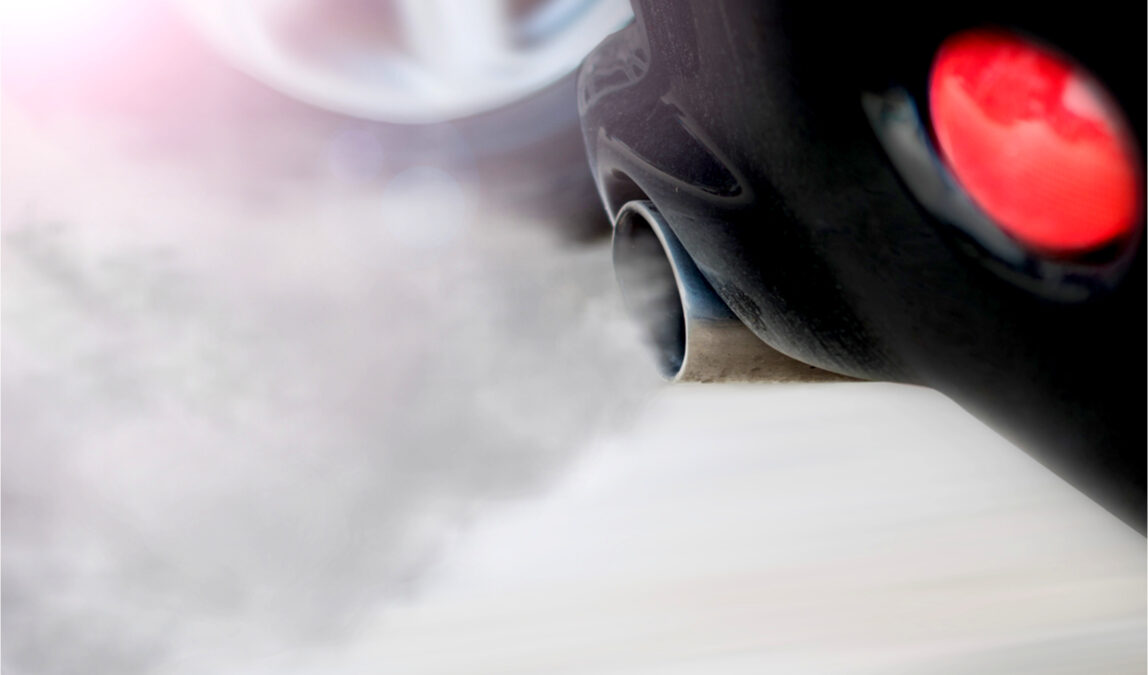Diesel emissions claims came about as many automakers have been using software programmed to cheat testing. As a result, the reported emissions output of these cars was way less than in reality.
The vehicles affected were made in the period of 2008 and 2019, and potentially cover many brands. An average of £8,500 in compensation is estimated for each claim. It is also estimated claims could be worth up to £10,000. The action could possibly total up to £10.2 billion across the UK. This would make it one of the biggest group actions ever seen in the UK.
People who purchased a diesel car between 2008 and 2019 could be eligible for a refund due to the scandal. The timing of the litigation varies depending on the brand of the car. Currently, Mercedes seem to be in the spotlight, soon to be followed by Vauxhall, Ford, Renault and Seat.
Customers have lost out for the following reasons:
- The increased Nitrogen Dioxide levels are harmful to children, adults, and the environment
- Customers may have experienced higher fuel bills and maintenance costs
- The performance of these vehicles was negatively affected
Current and Previous Mercedes Owners can instantly find out if they are eligible by giving the car registration number, plus a few more details like the date they bought the car. Mercedes emissions claims are being litigated on a no win, no fee basis.
If you are thinking of making a claim, as with all legal action, there are many points to consider:
- You will need a law firm to start a claim. It is not possible to claim on your own. These are complex legal proceedings that require technical expert opinion to establish facts. These claims are being litigated on a no win no fee basis.
- It covers vehicles made between 2008 and 2019 bought on finance or bought outright. In general, vehicles made from about 2008 to about 2019 by roughly 20 brands are included in the current legal actions. It is possible other manufacturers might be included in future. However, you won’t be able to claim if you bought the vehicle in a country outside of the UK.
- It’s quick and easy to check if you are eligible. Currently, law firms are concentrating on claims against Mercedes in particular. However, many will also take details for other carmakers, but won’t necessarily start litigating straight away. Some firms accepting claims will allow you to start your claim against Mercedes or give your details to start a claim against other brands when litigation starts.
- The amount of compensation is not guaranteed. This type of group legal action claim is largely untested in the English and Welsh courts and there’s no guarantee any of the current claims will be successful. Some law firms suggest you might be able to claim up to £20,000 for a claim. But payouts aren’t likely to be this high. Firstly, it is possible that any case could be settled out of court for a fraction of the original claim value. Also, the court will have to look at the actual financial loss each claimant has suffered as a result of the scandal.
- Claims could take five years or longer. As an example, the original VW Group case, the most advanced of the current crop of cases, had its first hearing in 2019 and is yet to make it to a full trial (currently expected in January 2023). If VW loses it may be able to appeal, which would stretch proceedings out further.
- To claim you must have had some financial loss. As an example, if you paid more for the vehicle than you otherwise would have, or you wouldn’t have bought it at all had you known about the alleged emissions flaws. You would have lost out if you sold it on but got less for it than you would have had it not been affected. Firms may ask to confirm that you would not have acquired your vehicle, or would have paid less for it if you had known that it was fitted with emissions cheating software.


